PROFESSOR Ibrahim Agboola Gambari, a giant in diplomatic circles on Wednesday, went down memory lane. He had been United Nations, UN, envoy to Myanmar, its Special Adviser on Africa, the Joint African Union-UN Special Representative for Darfur and former President of the UN Children’s Fund, UNICEF.
He said, back in 1991, former Head of State Olusegun Obasanjo was the best horse in the race to become the Secretary-General of the United Nations, but his military background worked against him. Speaking on October 18, 2023, at the public presentation of the biography of the first African UN Secretary-General, Boutros Boutros-Ghali, Gambari said two things stood Obasanjo out: as Military Head of State, he handed over power voluntarily to civilians, and “was head of the group that led to the process of the end of apartheid”.
Indeed, Nigeria’s role in the war against apartheid in South Africa was so pronounced that despite being situated in West Africa, it was known as a ‘frontline state’ arraigned against the evil Apartheid system that held down Africa in Zimbabwe, Namibia and South Africa.
However, since independence, a sort of sibling rivalry has emerged between Nigeria and South Africa. It is a healthy rivalry at the economic level as both are the economic giants of the continent. But it has been toxic at another level where, faced with the challenges of existential living, mainly poor South Africans have carried out xenophobic attacks on fellow Africans, especially Nigerians. Despite this, South Africa continues to be appreciative of Nigeria’s role in the decolonisation of their country.
For instance, Gambari had in December 2012 been awarded the Companion of OR Tambo Award, the highest South African decoration for foreign nationals. On that occasion, while receiving the award from President Jacob Zuma, he had said: “The honour is not just to me as an individual, but to Nigeria which has played a major role in the struggle against apartheid…the time has come for history and generations to come to recognise the role the country and the anti-apartheid movements played in Africa.”
On April 26, 2023, the University of Johannesburg awarded Professor Gambari a Doctorate. He chose the occasion to navigate the high seas of Nigeria-South Africa relations not just in interviews, including with the South Africa Broadcasting Corporation, SABC, but also in a lecture titled, “South Africa and Nigeria: Africa’s Indispensable Relationship”.
In the lecture, Gambari recalled that as the last chair of the UN Special Committee against Apartheid, it was his honour to receive the legendary Nelson Mandela in New York in June 1990.
Speaking specifically on some of Nigeria’s contributions to the liberation struggle, Gambari told his audience: “After the 1976 Soweto Uprising in South Africa, Nigeria established the Southern African Relief Fund, SARF, to provide scholarships and other assistance to South African students and refugees; the Nigerian High Commission in Botswana issued hundreds of Nigerian passports to South Africans who had fled the country; and Nigerian civil servants contributed portions of their salaries to the anti-apartheid movement in a scheme known as the ‘Mandela Tax’. By the time apartheid had come to an end, Nigeria had spent an estimated $17 billion in support of liberation struggles in Southern Africa.”
His thesis is that in the post-apartheid era, both countries which account for about 60 per cent of the economies in their respective sub-regions, are the engines of economic integration and development both in those regions and Africa, and are therefore, engaged in an indispensable relationship. This relationship, he submitted, “is vital to peacekeeping and peace building efforts, regional integration, and socio-economic development in Africa”
Gambari contrasted the highs and lows of both countries in the early 1990s: while South Africa emerged from the tragedy of Apartheid and was being led by a moral force like Mandela, Nigeria was in the quagmire of military dictatorship. He recalled that shortly after attending Mandela’s Presidential inauguration in Pretoria in May 1994, he wrote that: “…The glory of the new South Africa contrasts sharply with the present state of my own country, Nigeria, the most populous Black nation of such proud people. We, who have championed the cause of the oppressed majority in South Africa, with such great credibility and eventual success, now find ourselves in a state of domestic despondency and international scorn.”
He traced the fault lines between both countries to the tension between President Mandela and General Sani Abacha in 1995/1996 – following the hanging of the writer, Ken Saro-Wiwa and eight other environmentalists. He also referred to the struggles from 2005 when both sought permanent seats on the UN Security Council.
Another cause of tension, he pointed out, were the sporadic xenophobic attacks against Nigerians and other Africans in South Africa since 2008.
Gambari said the spat spilled over in 2012 “when 125 Nigerian travellers were barred from entering South Africa due reportedly to fake health certificates, and, in retaliation, Nigeria barred 78 South African travellers from entering Nigeria, resulting in a formal South African apology.”
The eminent scholar added that: “The presence of South African corporate giants like MTN, DSTV, Stanbic, and Shoprite has also caused tensions among Nigerians, some of whom accused South Africa of pursuing one-sided mercantilist trade policies.”
The former UN ambassador said the coincidence of Obasanjo becoming the elected Nigerian President in May 1999, and the emergence, two weeks later of Thabo Mbeki, a former ANC Representative to Nigeria during Apartheid, as South African President, “provided an opportunity for a strategic partnership between the two African powers.”
He said both leaders, by 2001, elaborated a new socio-economic blueprint for the continent called the ‘New Partnership for Africa’s Development’ and by 2002, led in transforming the OAU into the AU. They also championed the African Peer Review Mechanism by 2003 as “an instrument to advance socio-economic development and democratic governance in Africa”, and led to the forgiveness of Africa’s then $290 billion external debt.
Gambari noted that in the post-Mbeki/Obasanjo era, both countries clashed over French/UN troops and NATO military interventions in Côte d’Ivoire and Libya, while in 2012, Nigeria unsuccessfully opposed South African Foreign Minister, Nkosazana Dlamini-Zuma’s candidature for the AU Commission chair.
Other points of renewed tension Gambari pointed out were the clash at the AU Summit in January–February 2013 over recognition of the government in Guinea-Bissau, and the 2014 seizure of $9 million cash Nigeria allegedly smuggled into South Africa to buy arms needed to fight terrorism.
Gambari’s basic observation is that whenever Nigeria and South Africa co-operated, significant progress is made in addressing African challenges, and blocking external efforts to “divide and rule” Africa. His conclusion, therefore, is that: “The indispensable bilateral relationship between Africa’s two regional giants remains potentially the most important strategic partnership on the continent.”

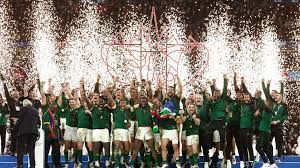

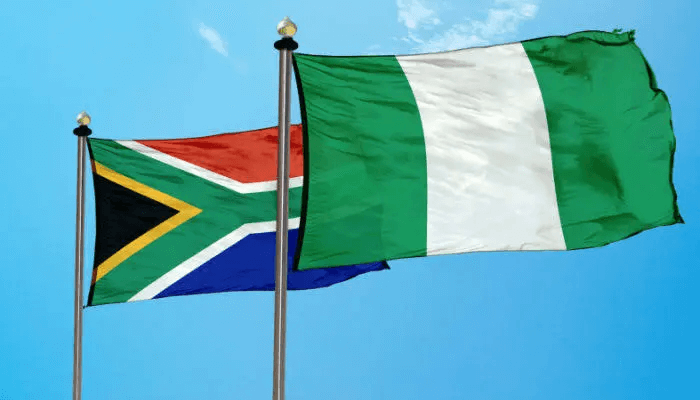
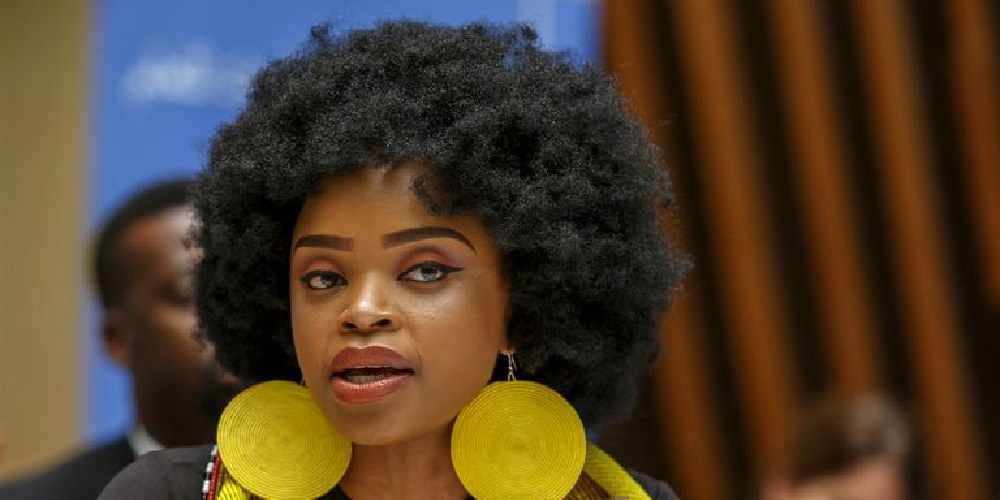
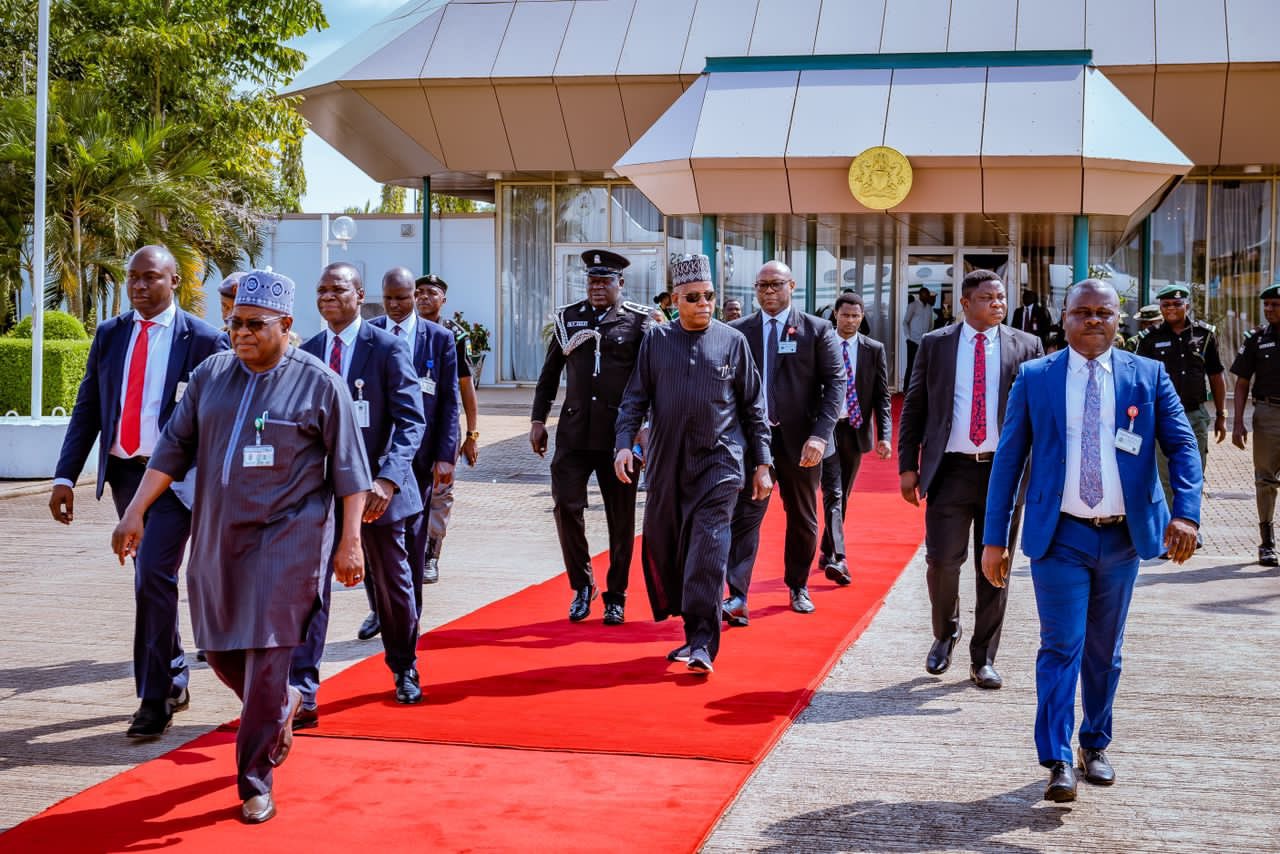
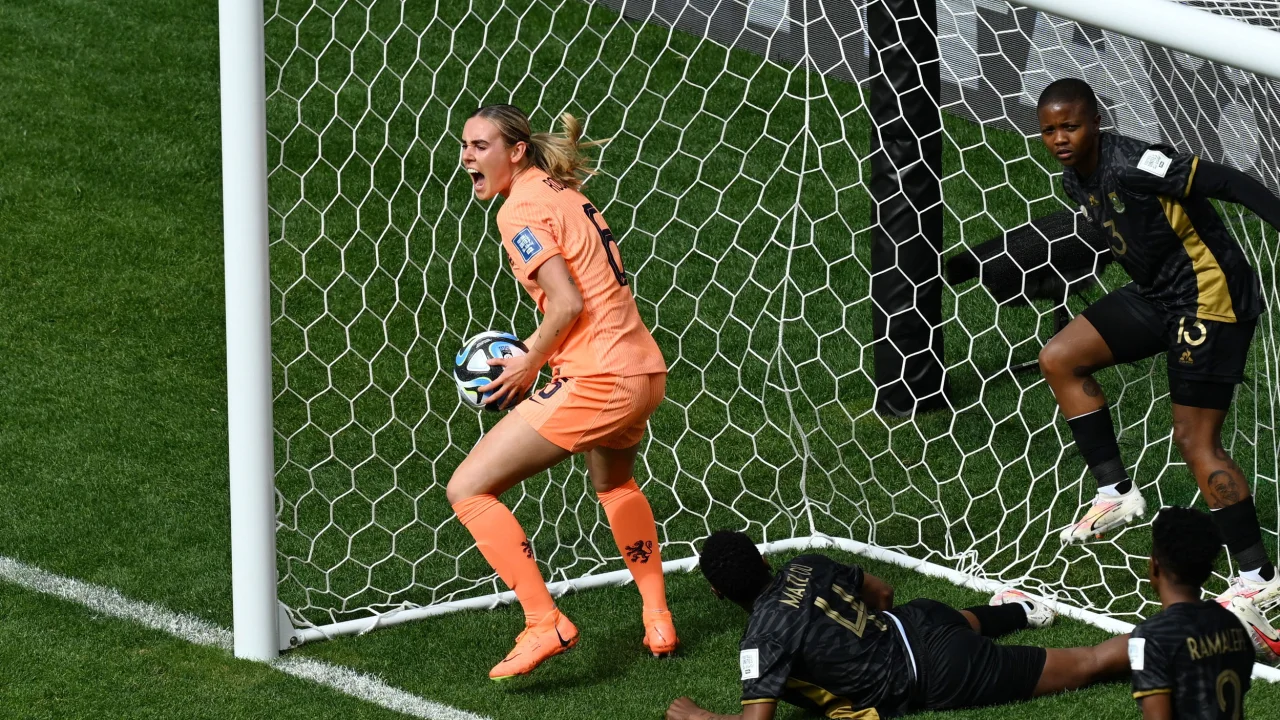

![Explosion hits Johannesburg major highway [Video]](https://thenewsguru.ng/wp-content/uploads/2023/07/Screenshot_20230720-152815.jpg)
